Young Voters Powered Zohran Mamdani's Rise In NYC. Can Other Dems Energize Them In 2026?
Dyson Political Science Professor Laura Tamman remains an essential voice in coverage of New York City’s political landscape. In Lohud, she discusses how Mayor-Elect Zohran Mamdani galvanized young voters by translating policy proposals into direct, concrete messages that can overcome generational distrust in government.
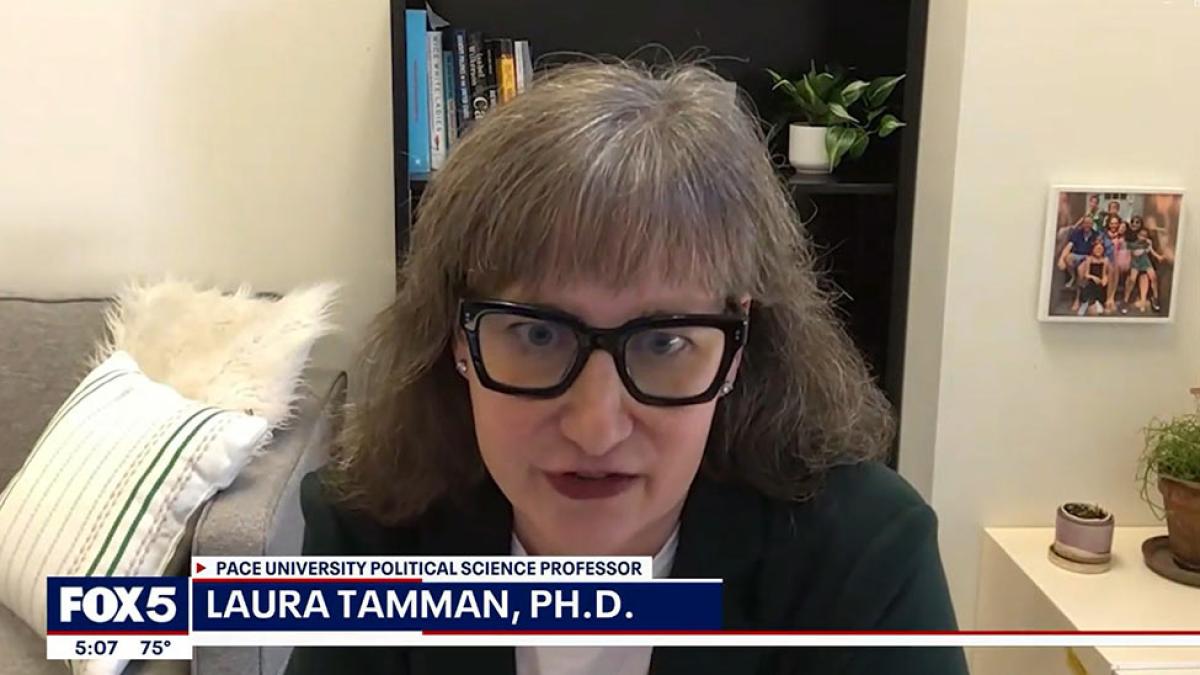
Bad Bunny Is The Latest Product Of Political Rage — How Pop Culture Became The Front Line Of American Politics
Dyson Communication and Media Studies Professor Adam Klein pens a widely circulated op-ed in The Conversation examining how today’s cultural icons, including global superstar Bad Bunny, have become vehicles for political expression and catalysts in broader ideological battles. He argues that the convergence of entertainment and political identity has turned artists into frontline actors in America’s intensifying culture wars.
Zohran Mamdani-Proofing: Eric Adams Moves To Cement Agenda — And Halt Successor's
In Newsday, Dyson Political Science Professor Laura Tamman questions whether Mayor Eric Adams can be trusted to do the right thing as his term winds down amid persistent allegations of corruption and self-dealing. She also joined NY1’s Inside City Hall with Errol Louis to analyze Mamdani’s early City Hall appointments and what they signal about his transition priorities.
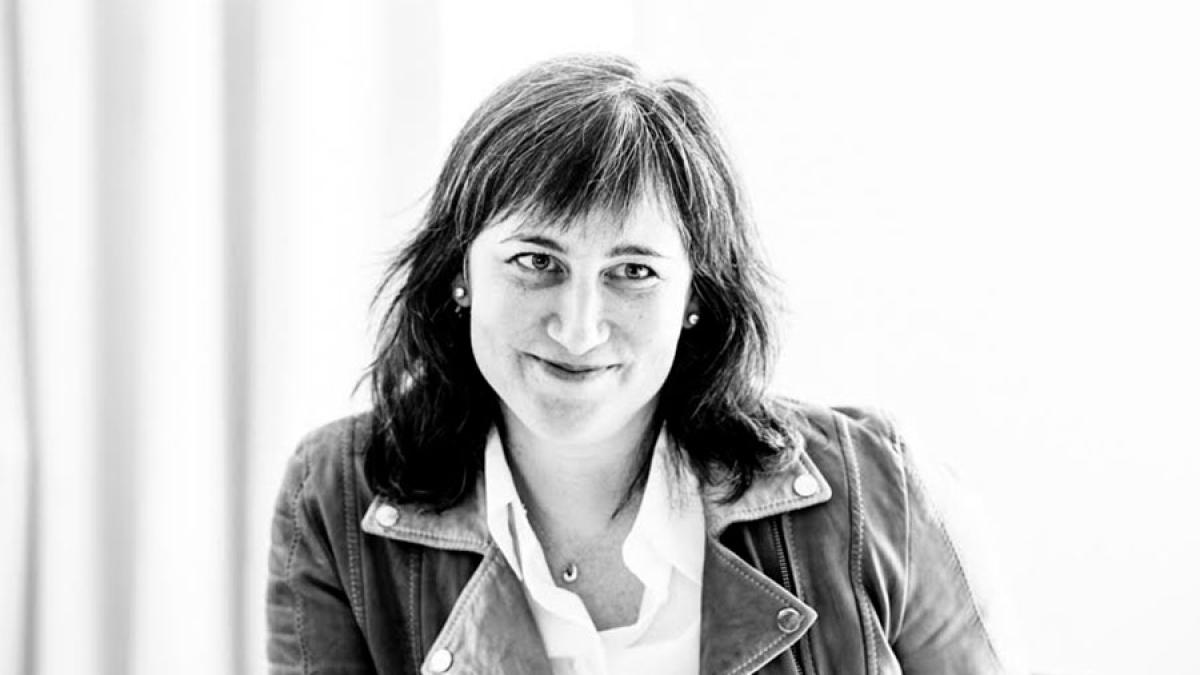
Op-ed | Donald Trump’s uglification of America
In amNewYork, Pace Haub Law Professor Bennett Gershman pens a powerful op-ed examining how President Donald Trump’s towering monuments, incendiary rhetoric, and erosion of democratic norms signal a deeper moral and structural deterioration within American civic life. Professor Gershman writes that this sweeping “uglification” is reshaping the nation’s public landscape and unsettling the democratic foundations that once held firm.
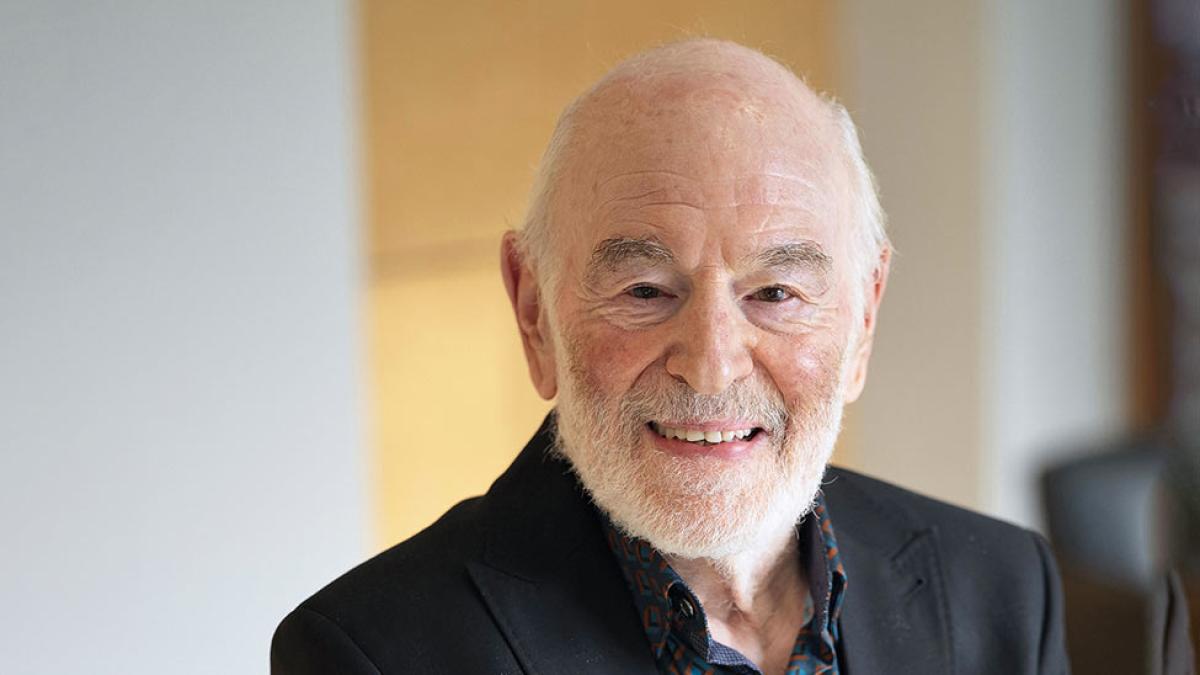
Financial Strain Deepens for America’s Seniors
Dyson Economics Professor Veronika Dolar speaks to PIX11 News about the escalating financial crisis facing seniors, noting that nearly half of Americans nearing retirement have no savings at all. She explains that soaring health-care and long-term-care costs are forcing older adults into untenable choices—especially those with chronic medical conditions—and warns that without meaningful policy action, the nation faces a severe retirement security crisis.
Bringing the Bench Behind Bars: Plan Would Require Yearly Prison Visits by Judges
Pace Haub Law Professor Emeritus Michael Mushlin was featured in THE CITY regarding a landmark proposal that would require New York judges who make sentencing or detention decisions to conduct meaningful annual visits to prisons and jails across the state. As chair of the subcommittee that developed the proposal, Professor Mushlin has helped lead the effort to ensure that judges better understand the realities of incarceration and the consequences of their decisions from the bench. If adopted, the rule would make New York the first state in the nation to mandate such visits.
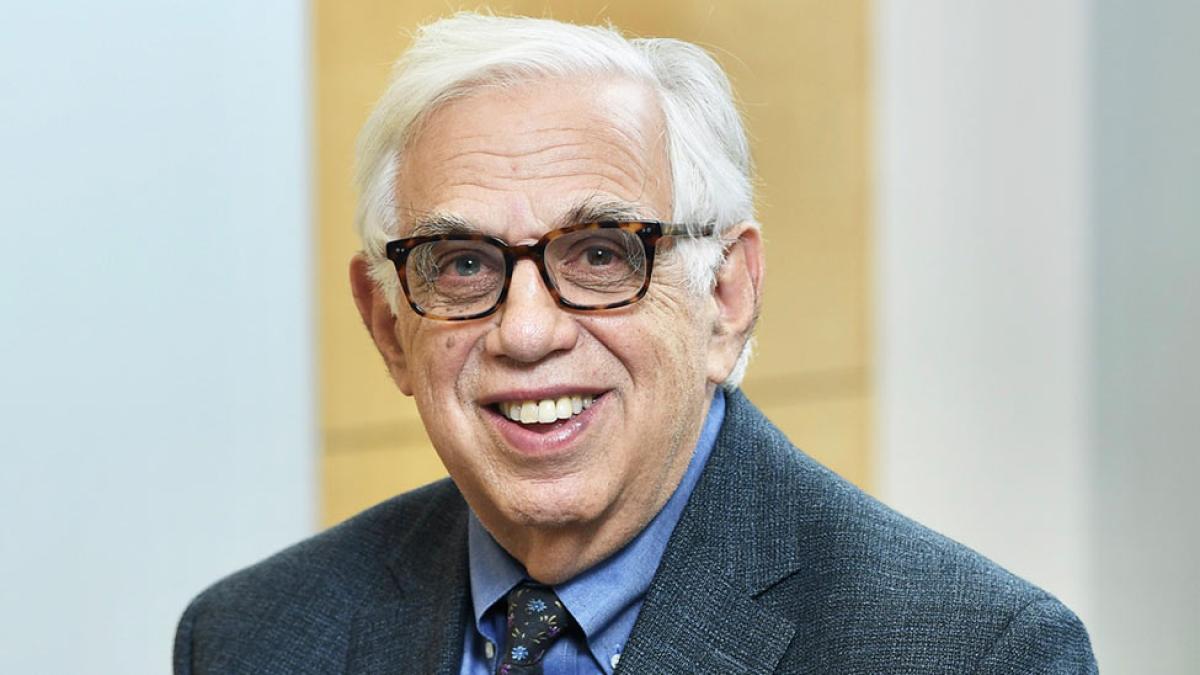
Mamdani's Election
Dyson Communication and Media Studies Professor Seong Jae Min writes a piece in The Korea Times about the political implications of Mayor-Elect Mamdani’s victory, examining how shifting ideological currents—particularly among younger voters—signal deeper changes in New York City’s political alignment.
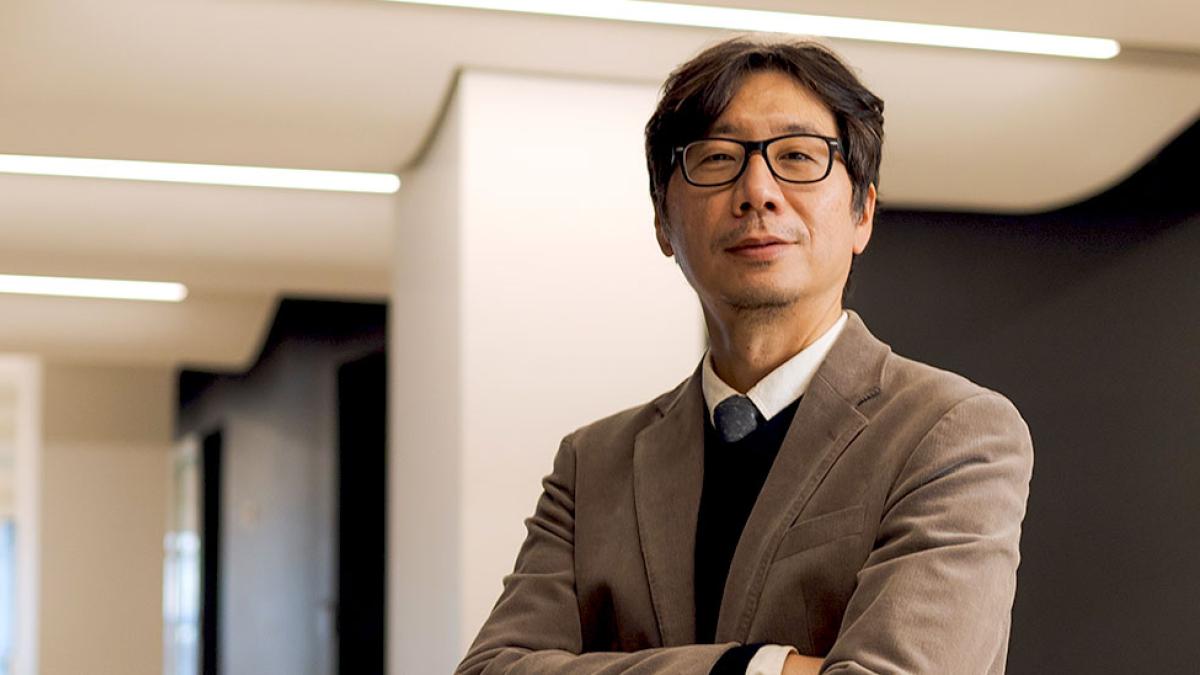
Prestige TV Is Over: Why Everyone Is Obsessed With ‘the Worst Show Ever’
In Newsweek, Dyson Media & Communication Professor Heather Hayes explains why so-called “terrible” television shows—like the polarizing new Kim Kardashian drama—often become viral hits. Hayes attributes the phenomenon to “hate-watching,” in which viewers tune in less for enjoyment and more to mock the content, ultimately boosting visibility and streaming success.
Dietitians and Human Trafficking
College of Health Professions Professor Christen Cooper speaks to Today’s Dietitian, examining the overlooked intersection of human trafficking and nutrition. Cooper highlights how trafficking survivors often face extreme malnutrition, dehydration, and trauma-related health conditions — and calls for enhanced training to prepare registered dietitians to respond with informed, compassionate care.

From the Shadows to the Spotlight: Pace Center for Global Health Champions Lung Health in Malaysia
Each year, more than 3.5 million lives are lost to chronic respiratory diseases (CRDs), a staggering toll for a global health crisis that remains largely in the shadows. The Pace Center for Global Health, based in New York, is on a mission to change that.

Each year, more than 3.5 million lives are lost to chronic respiratory diseases (CRDs), a staggering toll for a global health crisis that remains largely in the shadows. The Pace Center for Global Health, based in New York, is on a mission to change that.
Led by the founder of the Pace Center for Global Health—José Luis Castro—who serves as the WHO Director-General’s Special Envoy for CRDs, the Center is taking its global advocacy to Kuala Lumpur, Malaysia. From November 12–14, 2025, the Center will convene a pivotal international media workshop on CRDs, a key part of its strategy to bring these underreported conditions out of the shadows.
This convening is not the first of its kind. It builds on the resounding success of the Center’s inaugural workshop held in Mexico City earlier this year, which set a powerful precedent for training journalists to amplify media coverage and drive public awareness of CRDs worldwide.
Pace Leadership on a Global Stage
Pace leadership will be at the heart of the event. José Luis Castro, a distinguished Pace alumnus, founding director of the Center for Global Health, and a visiting scholar at the university, will be joined by Dr. Sonia Suchday, the Center’s Director of Operations.
Dr. Suchday, who also serves as Pace University’s Director of Research and Graduate Education, is a core part of the Center's "scientist-practitioner" model. Her expertise in biopsychosocial well-being and global health is central to the Center's mission to drive tangible change.
A High-Level Convening to Drive Change
The Malaysia workshop will gather journalists from across Southeast Asia, culminating in a high-level press conference on November 12 to mark World COPD Day 2025.
The event underscores the Center’s power to convene top-tier global leaders. The press conference panel will feature:
Moderator: Michael Kessler, Media Consultant
- Datuk Dr Norayan Hassan, Director of Disease Control, Ministry of Health, Malaysia
- José Luis Castro, WHO Director-General’s Special Envoy CRDs/Pace University Center for Global Health, France
- Dr Helmy Haja Mydin, Consultant respiratory physician, Pantai Hospital Kuala Lumpur, Malaysia
- Dr Saunthari Somasundaram, President and Medical Director, National Cancer Society Malaysia (NCSM), President-Elect, NCD Alliance, Malaysia
- Mr Thiagaraja Munusamy, person living with COPD, Malaysia
The workshop was attended by various international, national and local media personnel. This is more than a press conference; it is a critical step in reshaping the global narrative. By engaging media, mobilizing policymakers, and championing community voices, the Pace Center for Global Health is fulfilling its mission to transform the future of respiratory care and prove, once again, that “Go Getters Go to Pace”.
For more details, please visit the Pace Center for Global Health website and LinkedIn, where updates will be shared soon.